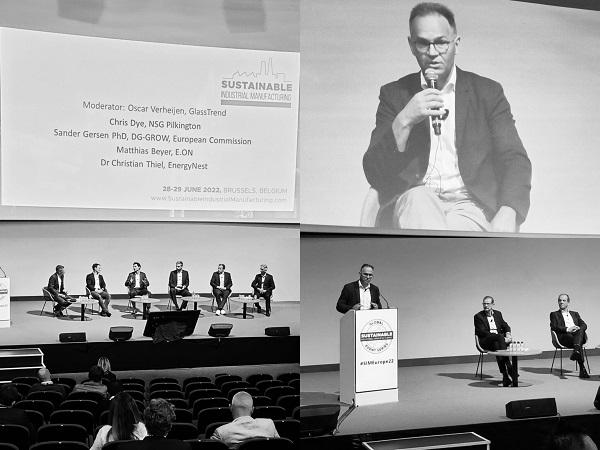
Date: 29 June 2022
Glass for Europe and its members were under the spotlight at the Sustainable Industrial Manufacturing conference in Brussels, with two member company representatives of Glass for Europe presenting their decarbonization efforts and their companies’ sustainability strategies.
Dr. Marc Foguenne, Vice-President Sustainability Architectural Glass Europe and Americas, AGC Glass Europe, described the company’s strategy towards decarbonisation. Regarding direct emissions, AGC’s carbon roadmap defines two main priorities. Looking at fuel emissions, which represent two thirds of overall CO2 emissions, the company is gradually replacing natural gas as much as possible by electricity with the installation of electrical melting on the production lines. At the same time, the price evolution of hydrogen as a potential additional source to tap in is being closely observed, because “for flat glass, 100% electrical melting will be a challenge”. For the remaining third of CO2 emissions which come from raw materials, Marc Foguenne said: “Glass can be recycled forever and we definitely want to recover more of it”. Using recycled glass allows to reduce both the emissions and the energy consumption. Dr. Foguenne nevertheless pointed out that the market situation needs to evolve as “most customers are not ready to pay a green premium yet”.
Chris Dye, Category Manager for Renewable Energy in NSG – Pilkington Group’s Energy Procurement team, recalled that his company is actively looking for alternative fuels, with world firsts in hydrogen use last year and in biofuels use this year. He warned however that the challenges for such big users go with a tremendous cost and that the industrial processes can be adapted to certain extent only. He reminded that the operating assets are installed for 15 to 20 years and that the opportunities for change, including in terms of alternative energy sources, are therefore limited. He stressed how important it is that that the projects are adapted to the local context, the existing infrastructure, and the availability of alternative energy sources. Chris Dye said: “We keep ourselves busy with trialling to be in a position to respond quickly when local opportunities present themselves”.
 600450
600450

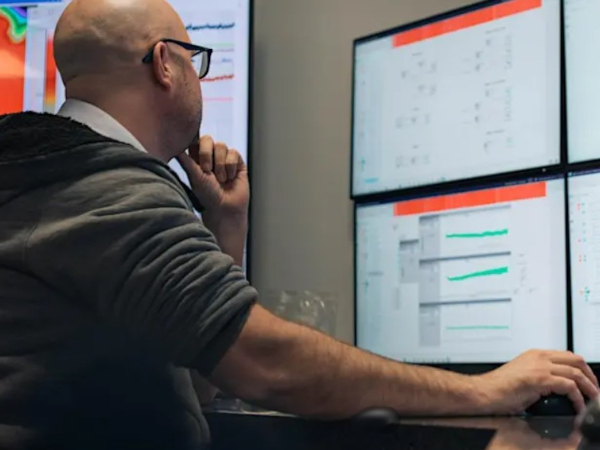
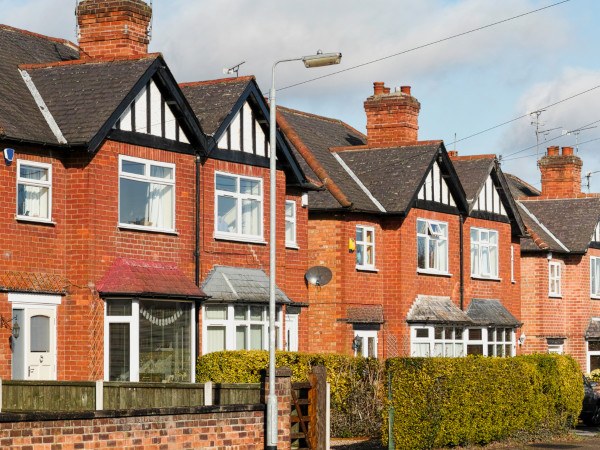
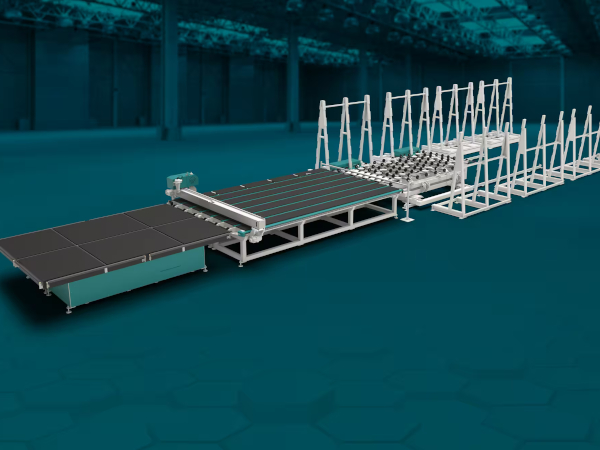
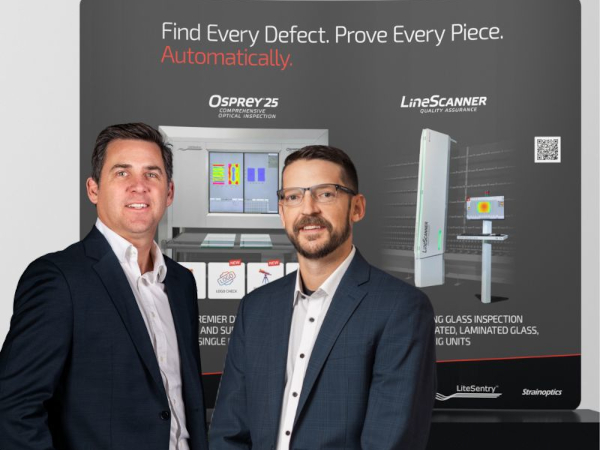
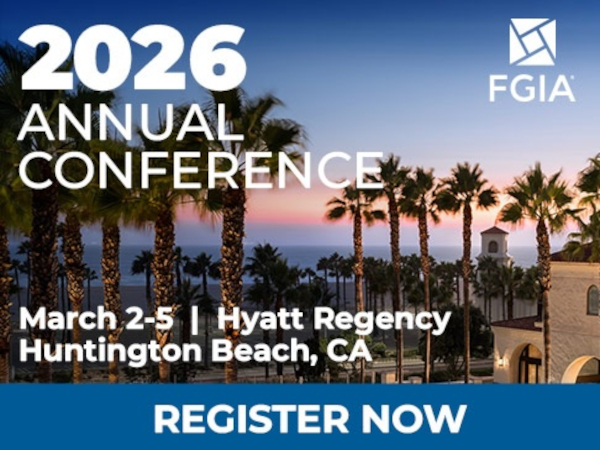
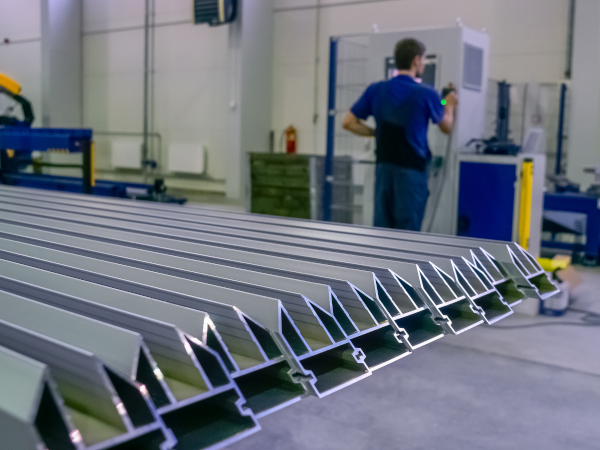





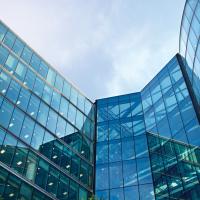
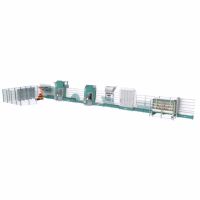
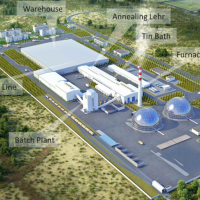
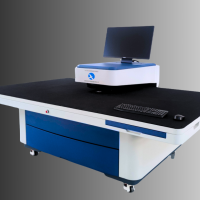
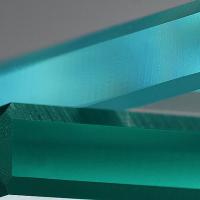
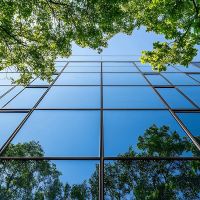
Add new comment